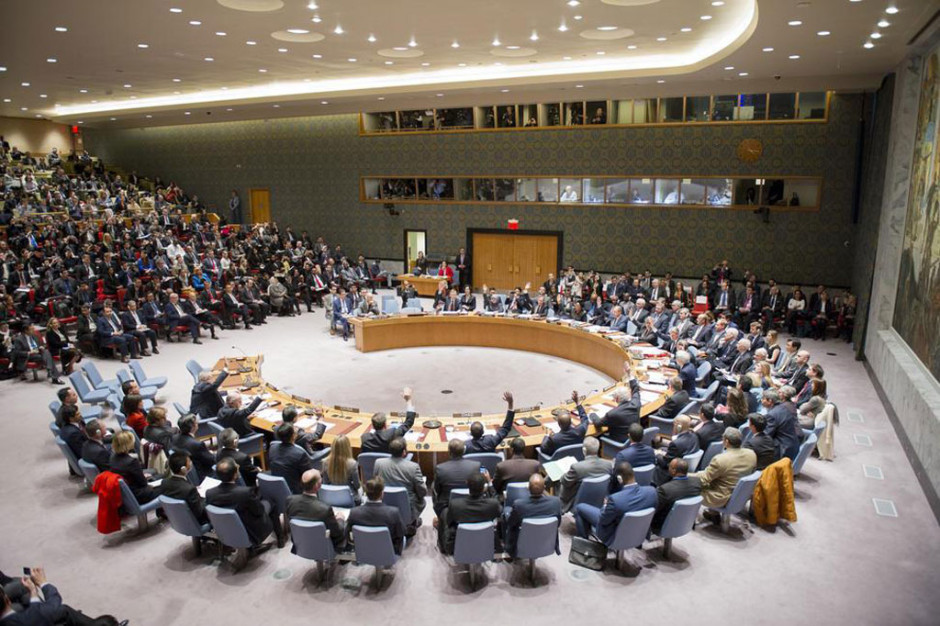Is war-torn Syria finally on the cusp of peace?
That’s the burning question following the unanimous passage of a United Nations Security Council resolution supporting a political solution of the nearly five-year-old civil war in Syria, which has claimed the lives of more than 250,000 civilians and soldiers.
The resolution, adopted by a 15-0 margin on December 18, calls for a ceasefire and a peace process that is supposed to begin early in the new year. All this is supposed to lead to elections and a transitional government.
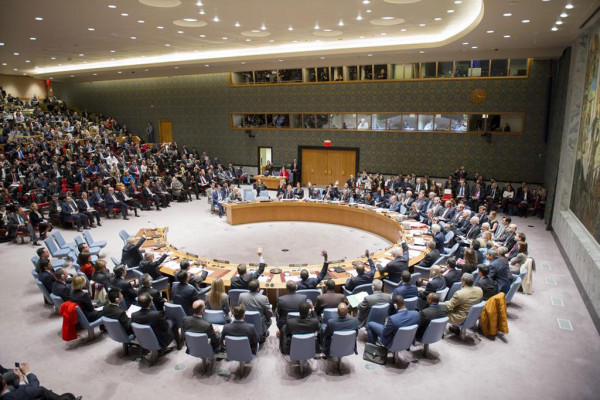
The plan, the result of U.S. and Russian diplomacy, offers Syrians a sliver of hope that the conflict can be ended at long last. But only dyed-in-the-wool optimists can be hopeful of a favourable outcome, since the United States and Russia are at odds over several fundamental issues.
In other words, the peace plan can easily unravel. The reasons are clear.
First, the UN resolution is bereft of any mention of Syrian President Bashar al-Assad, who’s widely blamed for having ignited the war in March 2011. Assad’s violent suppression of nation-wide peaceful demonstrations calling for political and economic reforms trigged a general uprising, which, in turn, caused the widespread bloodshed
Russia, Assad’s chief foreign backer, has vetoed four Security Council resolutions since 2011 critical of his Baathist government. The United States, by contrast, supports his secular nationalist opponents and has urged Assad to resign. Lately, however, Washington has toned down its demand for regime change.
Second, there is still no consensus as to which Sunni Muslim rebel groups will participate in the peace talks, scheduled to start in Geneva next month. Nor is there any certainty that the participants from both sides will agree to sit at the same negotiating table. Jordan, a U.S. ally, has been designated with the task of choosing which of the rebel factions can attend.
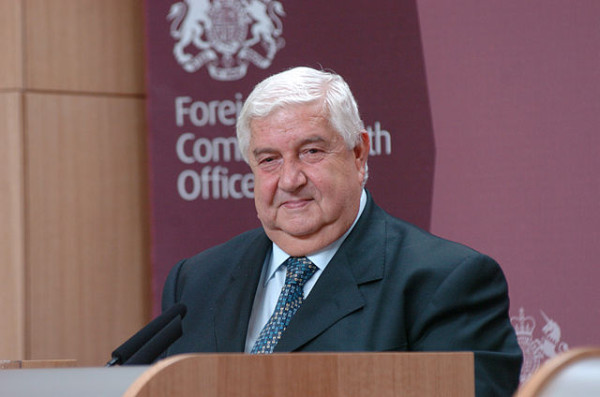
On December 24, Syrian Foreign Minister Walid Muallem announced Syria’s readiness to take part in the Geneva talks, confirming the assumption that Syria is prepared for a negotiated settlement of the crisis.
Third, the truce will not apply to Syria in its entirety. Islamic State, which holds about one-third of Syria’s territory, is not a party to the United Nations resolution and will presumably ignore a ceasefire. So will the Al Nusra Front, the Al Qaeda affiliate in Syria. Since Islamic State and the Al Nusra Front are the most powerful militias in Syria today, one must wonder whether a truce is achievable.
Due to these daunting factors, the Security Council resolution may not be worth the paper it’s written on. As Russian Foreign Minister Sergei Lavrov declared on December 18, “I’m not too optimistic about what has been achieved today.”
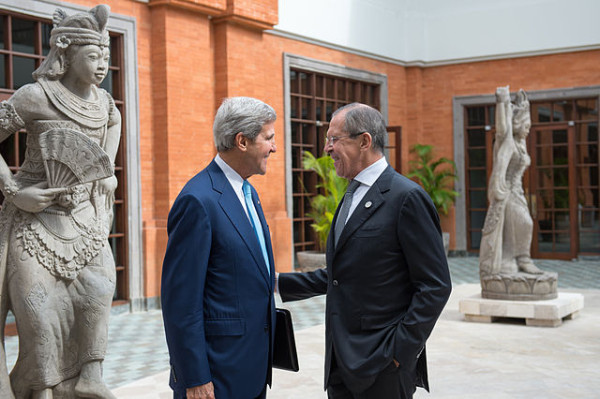
Flustered by Lavrov’s glum appraisal, John Kerry, the U.S. secretary of state, criticized Russia, saying that 80 percent of Russian air strikes in Syria since September 30 have been aimed at anti-Assad rebels rather than at Islamic State. Retorting, Lavrov noted that the United States has refused to coordinate its air campaign in Syria with Russia.
The U.S. Air Force began launching air strikes in Syria about a year before Russia, concentrating on bombing Islamic State and other Islamic radical organizations. France and Britain joined the campaign in Syria after Islamic State killed 130 people in terrorist bombings in Paris in November.
Russia and the United States agreed to work together in Syria in the first place due to a confluence of events.
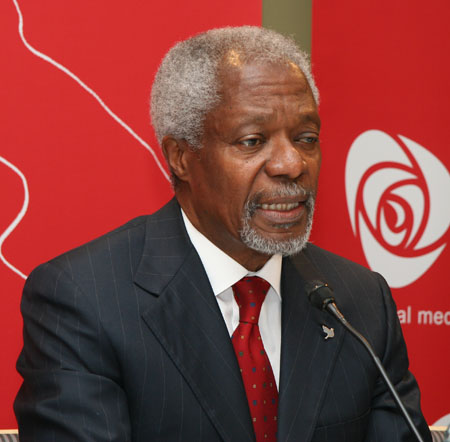
Last October, in his first overseas trip since the outbreak of the war, Assad visited Moscow. Russian President Vladimir Putin told Assad he was ready to help Syria end the war, which has defied the efforts of special United Nations envoys Kofi Anan, Lakhdar Brahimi and Staffan de Mistura.
In a reference to the involvement of the Russian Air Force in the war, Putin said, “Our position is that positive results in military operations will lay the basis for then working out a long-term settlement, based on a political process that involves all political forces, ethnic and religious groups. Ultimately, it is the Syrian people alone who must have the deciding voice here.”
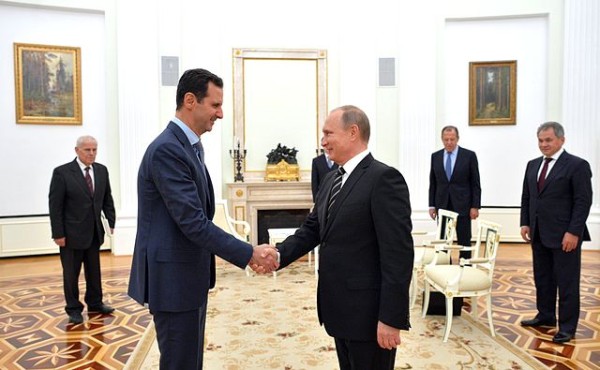
As hundreds of thousands of Syrian Muslim and Christian refugees converged on Europe last summer, the majority of European leaders expressed concern that the unending human tide of migrants would flood their countries. And after Turkish jets shot down a Russian plane over Turkey in November, the United States and Russia concluded that a dangerous tipping point had occurred, and that the war in Syria had to be terminated before matters got out of hand completely.
It’s doubtful whether Russia and the United States could have reached a broad consensus on ending the war without two American concessions. In a reversal of policy, the Obama administration dropped its insistence that Assad should step aside before peace talks could even begin. The United States also let Iran — Syria’s faithful ally and Israel’s unyielding foe — play a role in the Syrian peace process.
Most importantly, Washington and Moscow concur on three major points — ending the civil war by means of diplomacy, keeping Syria unified as a single secular entity and eliminating pockets of Islamic extremism in the country.
Yet serious differences still divide the United States and Russia. Moscow, in concert with Shiite powers Iran and Hezbollah, are mainly interested in propping up Assad’s regime. As well, Putin wants to consolidate Russian influence in Syria and throughout the Middle East, including Israel.
Although U.S. President Barack Obama has repeatedly urged Assad to step down and make way for a new government, he knows that a power vacuum in Syria would lengthen and intensify the war, displace still more civilians within Syria, strengthen Islamic State and prompt yet greater numbers of Syrians to flee, thereby exacerbating the flow of migrants into Europe.
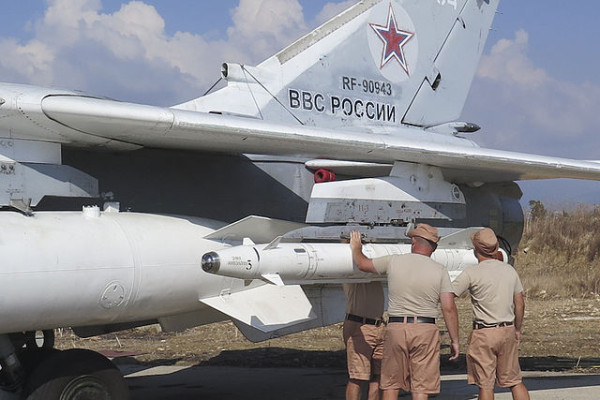
By the same token, Washington believes that if Assad can be eased out of office gradually, a coalition of U.S., Russian and Syrian forces could destroy Islamic State “within a matter of months,” as Kerry contends.
This is probably an unrealistic assessment.
As Kerry has admitted, air power exclusively will not defeat Islamic State. Boots on the ground will be required. Arab boots, that is. Western countries have absolutely no appetite for embroiling themselves in a protracted struggle in Syria. At best, they will send up to a few thousand troops, advisers and trainers to bolster Arab soldiers fighting Islamic State.
According to General Gadi Eisenkot, the Israeli chief of staff, the forces loyal to Assad, including his foreign backers, have almost no chance of winning the war unilaterally. By Eisenkot’s estimation, Assad currently controls upwards of only 15 percent of Syrian territory.
Lately, Islamic State has lost 14 percent of its land holdings in Syria and Iraq. But Islamic State remains a formidable fighting force, and diplomats will have to take that into account when they speak of a peace process in Syria.
